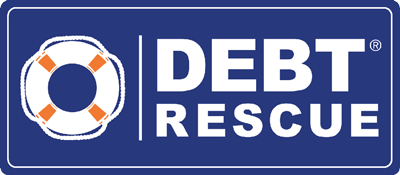When people are overwhelmed by their unsecured debts, such as credit cards and bills, they tend to avoid getting their mortgage involved for fear it will result in the loss of their house. But what they might not realise is that a mortgage can be your greatest defence against bad debt.
Would I Benefit From a Debt Consolidation Through Mortgage Refinancing?
One of the fastest ways to see if you would benefit from debt consolidation through a mortgage refinance is to determine your debt position. If you are caught in a bad debt spiral, you could be at risk of falling into arrears with your unsecured debts. If this happens your creditors can begin recovery action and make a number of calls and emails. Mark a default on your credit file, garnish your wages, issue a court judgement or even force you into bankruptcy.
Signs You Are Caught in a Bad Debt Spiral:
- You can only afford the minimum repayments on your credit card
- You rely on your credit cards to make everyday purchases such as petrol
- You have to borrow money to pay off existing bills
- You have one or more payday/cash loan
- You don’t know the details of all your debts – when they are due, how much you owe.
If this sounds like you, then you have a bad debt situation and you need to seriously consider taking action to fix it. Letting your debt spiral out of control can lead to arrears and missed payments. If your creditors are harassing you for repayments they can also put a default on your credit file, send a court judgement, garnish your wages to recover payment or even force you into bankruptcy.
Being in bad debt is a very serious and frightening position to be in. But there are things you can do right now to help. One way out of debt is a debt consolidation through mortgage refinance.
How Can I Consolidate Debt Using my Mortgage?
Debt Consolidation through mortgage refinancing is a two-step process to bring all your debts together under one loan. First, you need to look at the equity you have in your home loan. Equity is the difference between how much you have left owing in your mortgage and the value of your property. For example, you might owe $400,000 on your home which is valued at $600,000, so you would have $200,000 equity in your home loan.
You then need to figure out how much unsecured debt you have left owing. Many people aren’t sure about what debts they have, how much they owe or who they owe it to. A good place to look for unsecured debts is in your online banking. Check for any direct debits coming out weekly, monthly and quarterly. Once you have found all your debt, add it together and find out how much you would need to pay it all off. If your debt amount is less than the amount of equity you have, you would be a good candidate for a mortgage refinance.
If you have more debt than equity, you still might be able to consolidate using a mortgage refinance with Revive Financial.
How Does a Debt Consolidation Home Loan Work?
A Debt Consolidation Home Loan is a loan borrowed against your house which is big enough to pay off your unsecured debts as well refinance your existing mortgage. The result is a single debt repayment to one lender with a single interest rate and one set of fees. Done correctly a Debt Consolidation Home Loan will save you thousands in debt repayments, improve your cash flow and relieve the stress of unmanageable debt.
What Are the Pros and Cons of Refinancing a Mortgage to Repay Debt
There are pros and cons to refinancing your mortgage to consolidate your debt. It is a very personal decision and you should consult a finance professional before going ahead with a consolidation loan.
Advantages
- Simplify - Consolidating your debt into your home loan leaves you with one, easy-to-manage repayment, a single set of fees and one interest rate.
- Save - The interest rates for home loans are far more affordable than the interest rates for personal loans and credit cards which can often be more than 20%.
- Improve your standing - Repaying one manageable loan over a period of time will have a positive impact on your credit file.
Risks
- Break fees - There may be break fees, early exit fees and fees involved in setting up your new loan. Always make sure your savings outweigh the fees.
- Long terms -Home Loans are often written over 25 or 30 years, but with a lower interest rate this can often make your debt repayments more affordable and improve cash flow.
- Eligibility - It can be hard to be approved for a debt consolidation loan, even with equity in your mortgage. If you are having trouble, contact Revive Financial.
What to do from Here
If you are considering refinancing your mortgage to consolidate your debt, speak to Revive Financial today. We combine a number of financial services to offer a unique and comprehensive solution to unmanageable debt.
Have you successfully consolidated your debt into your home loan? Leave your tips in the comments section below.
For more information on mortgage refinancing and how to refinance your mortgage to consolidate debts, check out our mortgage refinancing page.
-137x60px.png)




